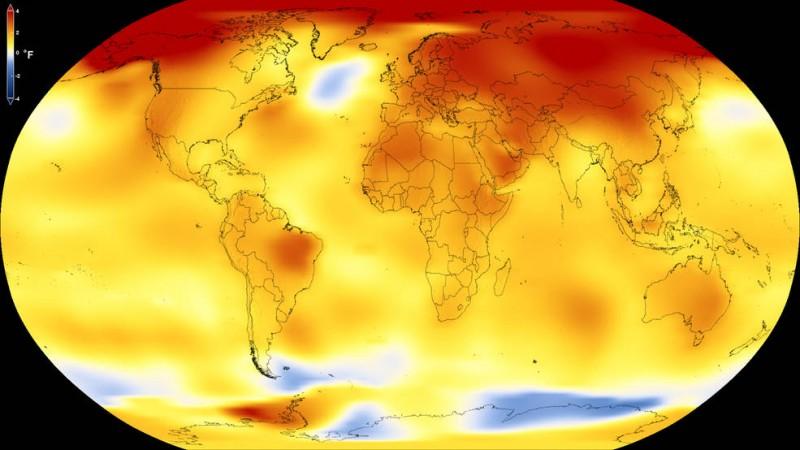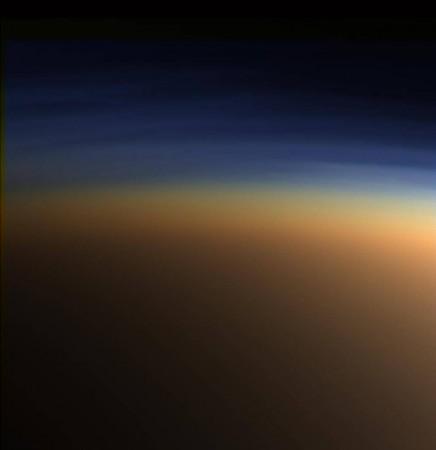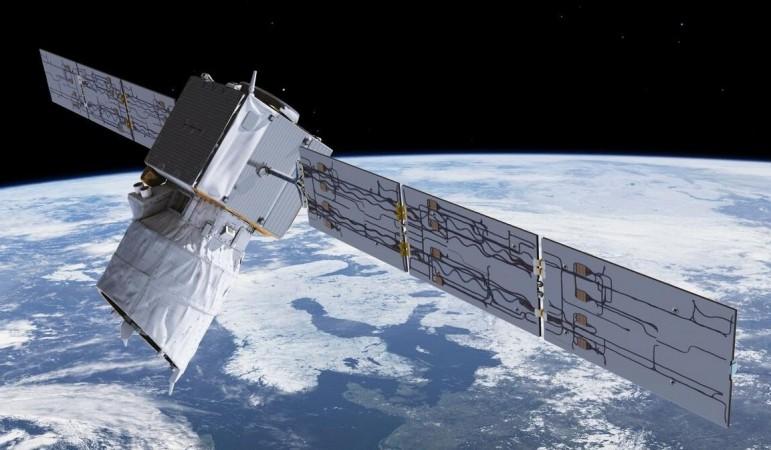As part of global efforts to slow climate change by tackling methane, the UN on Friday announced a new satellite-based system to detect emissions of the climate warming gas and allow governments and businesses to respond.
The Methane Alert and Response System (MARS), launched at the 27th UN Climate Change Conference, is a data-to-action platform set up as part of the UNEP International Methane Emissions Observatory (IMEO) strategy to get policy-relevant data into the right hands for emissions mitigation.
Methane is a powerful greenhouse gas, contributing at least a quarter of today's climate warming.
According to the Intergovernmental Panel on Climate Change, we must cut methane emissions at least 30 per cent by 2030 -- the goal of the Global Methane Pledge -- to keep the 1.5 degrees Celsius temperature limit within reach.

Developed in the framework of the Global Methane Pledge Energy Pathway -- with initial funding from the European Commission, the US government, Global Methane Hub, and the Bezos Earth Fund -- MARS will allow UNEP to corroborate emissions reported by companies and characterize changes over time.
MARS will be implemented with partners, including the International Energy Agency, and the UNEP-hosted Climate and Clean Air Coalition.
"As UNEP's Emissions Gap Report showed before this climate summit, the world is far off track on efforts to limit global warming to 1.5 degrees Celsius," said Inger Andersen, Executive Director of UNEP.

"Reducing methane emissions can make a big and rapid difference, as this gas leaves the atmosphere far quicker than carbon dioxide. The Methane Alert and Response System is a big step in helping governments and companies deliver on this important short-term climate goal."
In addition to supporting MARS, the Global Methane Hub and the Bezos Earth Fund are providing funding for other UNEP IMEO activities. These include baseline studies and initial work on agricultural methane emissions, where integrating multi-scale ground measurements with emerging satellite capacity is expected to provide improved quantification.
MARS will be the first publicly available global system capable of transparently connecting methane detection to notification processes.
It will use state-of-the-art satellite data to identify major emission events, notify relevant stakeholders, and support and track mitigation progress.

Beginning with very large point sources from the energy sector, MARS will integrate data from the rapidly expanding system of methane-detecting satellites to include lower-emitting area sources and more frequent detection.
Data on coal, waste, livestock and rice will be added gradually to MARS to support Global Methane Pledge implementation.
"Cutting methane is the fastest opportunity to reduce warming and keep 1.5 degrees Celsius within reach, and this new alert and response system is going to be a critical tool for helping all of us deliver on the Global Methane Pledge," said John Kerry, US Special Presidential Envoy for Climate.
(With inputs from IANS)














